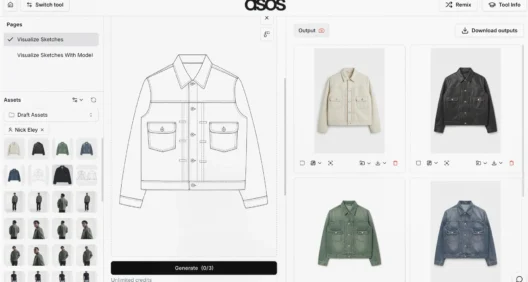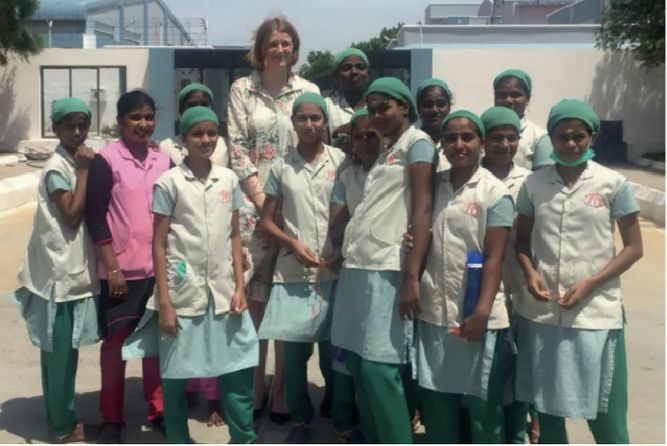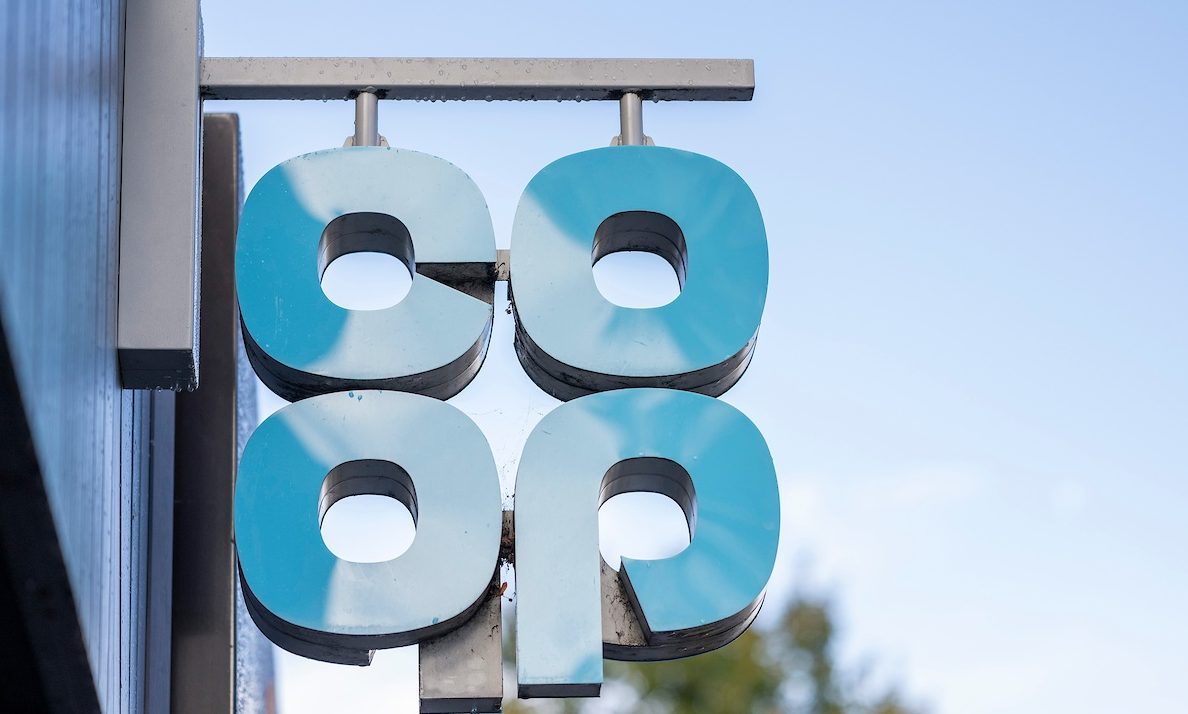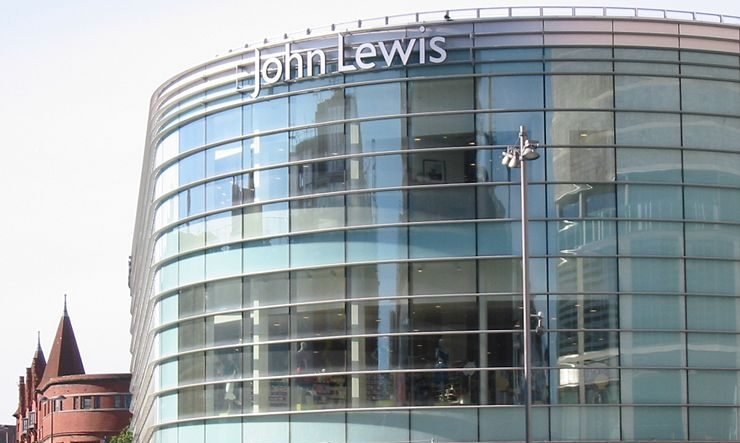Register to get 1 free article
Reveal the article below by registering for our email newsletter.
Want unlimited access? View Plans
Already have an account? Sign in
The Very Group has won the community engagement and partnerships category at the India United Nations Women’s Empowerment Principles (WEP) Awards for its work in empowering young women in the country’s textile industry.
The award recognises Very’s work to establish five resource centres in southern India, which has helped to grow 25,000 female textile industry workers’ and their families’ knowledge of labour rights.
Activities delivered via five community centres included the formation of village committees to ensure observance of labour laws, awareness events on gender equality and labour welfare, and sessions on health and life skills for young women aged 12 to 17 years.
Very’s work in India, which it undertook alongside retailers Next and Varner, as well as NGO SAVE, comprised engagement with female workers and their families, textile mill owners and recruitment agents.
Additionally, Very launched the app TIMBY which allows workers and their families to raise concerns and grievances, and access support and remedies.
Carly Bilsbrough, Very’s head of sustainability, said: “Tackling complex issues to improve the lives of people in our supply chain is hugely important to us. And with concerns in recent years regarding labour rights violations around the practice of hiring women into textile mills in southern India, we made it our priority to support them.
“We’re hugely proud of the project, and thankful for the enthusiasm and commitment of the communities, agents and mills we’ve worked with. We hope that this award will bring even greater focus on the development of women’s labour rights in Indian textile mills, as well as the textile industry globally.”
She added: “Our work in India is far from over. We plan to collaborate more closely with even more industry stakeholders to tackle concerns raised through our worker voice app. We’ll also create even more support via community centres for migrant workers and young women, in particular.”




















